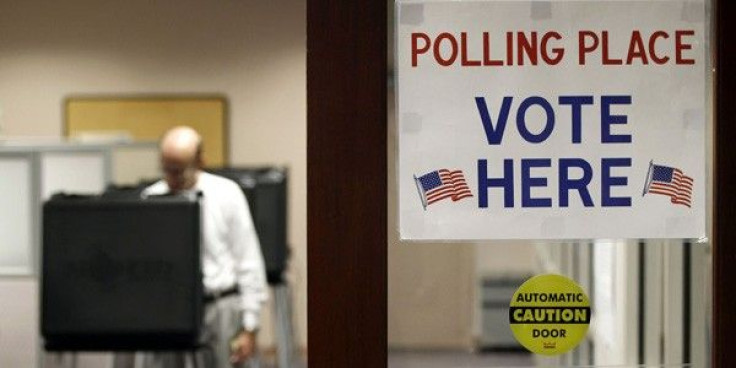Today In Voting Battles: Florida Purge Restarts, Pennsylvania Voter ID In The Balance

A Pennsylvania judge signaled he is inclined to block the state's voter identification law, as Florida launched a fresh effort to strike noncitizens from its voter rolls.
Both are key developments in an unfolding, state-by-state tug of war between largely Republican proponents of tightening voting restrictions and critics who say the new laws could disenfranchise Americans -- particularly low-income and minority voters who tend to vote Democratic.
The issue takes on added urgency in Pennsylvania and Florida, both of which are crucial swing states coveted by President Obama and Republican challenger Mitt Romney.
In Pennsylvania, a court is hearing arguments over a new law that requires prospective voters to present government-issued photo identification before they can cast a ballot. Pennsylvanians had formerly been able to vote by offering nonphoto forms of ID like a utility bill, and opponents of the new law argue that is is prohibitively difficult for many people to obtain the new IDs.
The Pennsylvania agency responsible for issuing IDs responded to those concerns this week by relaxing the requirements for getting an ID. But the Pennsylvania Supreme Court recently sent the case to a lower court with the admonition that, if that court found evidence that voters would be denied access to the polls, the lower court must strike down the law.
A hearing resumes on Thursday, but Commonwealth Court judge Robert Simpson hinted on Tuesday that he was leaning toward nixing the law.
"I'm giving you a heads-up," Judge Simpson told lawyers. "I think it is a possibility that there could be an injunction here."
That would represent a victory for voting rights advocates. Florida is moving in the opposite direction, reigniting a push to cleanse the voter rolls of ineligible noncitizens who somehow registered to vote.
When Gov. Rick Scott first announced the purge in May, he encountered resistance from Democratic lawmakers who warned of possible disenfranchisement and from county election supervisors who said a preliminary list of purportedly ineligible voters was riddled with inaccuracies. Citing the number of people named as invalid who were in fact eligible to vote, county supervisors essentially halted the process.
Florida has since gained access to a federal database that is more up to date and comprehensive than the list the state had been working with. The state has now sent supervisors a fresh list of 198 ineligible voters.
That is far smaller than the list of approximately 2,700 invalid voters the state sent supervisors back in May. That list was intended as a forerunner to a much larger compilation of some 180,000 fraudulent voters, but supervisors were deeply skeptical given the number of errors on the smaller list.
The Miami Herald examined the latest catalogue of 198 names and found both citizens and noncitizens who have voted despite not being legally able. A spokesman for the Florida Department of State said people flagged as ineligible will not be automatically removed from the rolls -- that is at the discretion of county monitors.
“The state is not telling county elections supervisors, ‘Remove these people.’ We are providing information for the counties to examine,” spokesman Chris Cate told the Herald. “The supervisors have the discretion to keep anyone who is on this list on the voter rolls.”
© Copyright IBTimes 2024. All rights reserved.











